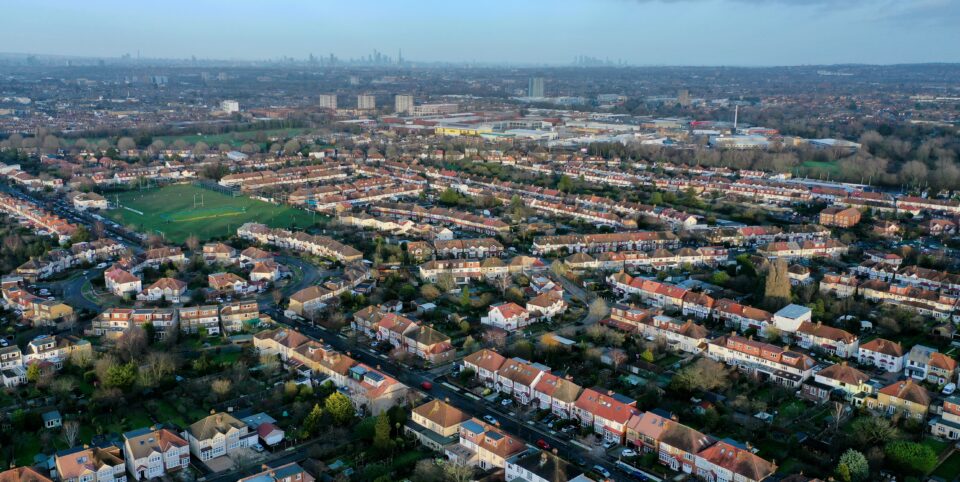Contact
020 4515 6728
info@ccameron.co.uk
Charles Cameron & Associates
Blackfriars Foundry
154-156 Blackfriars Road
London SE1 8EN
How much does a remortgage cost?
July 14, 2020
Information published was correct at the time of writing
-

First, what exactly is remortgaging?
You ‘remortgage’ when your current mortgage deal comes to an end, you want to save money by moving the loan onto a cheaper rate or if you’d like to change your current loan amount, type, or term, using your property as ‘equity’ – the difference between the size of your current loan and market value of your property. Some people also choose to remortgage to a higher or lower loan to value.
Let’s dive in and see how much a remortgage deal might cost you.
Why would I remortgage?
You will revert to the lender’s standard variable rate (SVR) once your current deal expires. This is almost always more expensive than what you’re currently paying. By remortgaging – that is, getting a new mortgage – you could save money on your monthly mortgage repayments. Banks want you to borrow from them, so will tempt you with attractive remortgage deals.
So, I just move to a new lender with no remortgage costs?
Whether you go to a different lender or stay with your existing lender (they’ll almost certainly offer you a new package to try to keep you) there may be some fees involved and it’s worth bearing them in mind before you take the plunge.
Such as?
If you want to leave your existing lender before your current mortgage deal ends, you could be given an early repayment charge – this is to recoup some of the interest they’ll lose by your early departure (usually between five and three per cent of the mortgage value). To avoid this, you should time your next mortgage to kick in as the old one ends.
That’s why it’s best to plan early and your mortgage adviser at Charles Cameron will be able to advise on when is the best time to begin the remortgaging process as well as the best mortgage term to suit your circumstances.
OK, and after that, there are no more charges?
Sadly not. You may also have to pay a ‘deeds release fee’ to your current lender to forward the deeds of the property to your solicitor. There will also be legal fees to transfer your current lender’s interest in the property to the new one (this is called ‘conveyancing’). Sometimes the conveyancing costs are covered by the lender you change to as an incentive to move to them.
The important thing to remember is that the savings you could make compared to going onto a standard variable rate mortgage will, typically, be considerably more than anything you might have to pay to remortgage, even though there may be some costs involved with remortgaging.
Will there be a charge to set up the new mortgage?
Potentially you may need to pay an ‘arrangement fee’ and if so it’s very likely to be the biggest charge you’ll pay in the whole process. Costs vary, but cheaper fees tend to mean higher interest rates, while a higher fee at the start could see you pay less over the long term.
Whatever you’re offered, it’s likely the arrangement fee will be at least £1,000 and often this can be added to the mortgage (there could also. be an upfront ‘booking fee’ of around £100)
My property has to be valued again. Is there a charge for this?
Firstly, you’re right – a surveyor will need to see the property so the new lender has an accurate valuation. The good news is that they’ll usually pay for this but if not, expect the valuation fees to be between £300-£1,500 depending on the size of your property.
There seems a lot to think about!
There is, but this is where an independent mortgage broker like Charles Cameron can really help. We’ll cut through the jargon and give you a clear, informed picture of the process, including your credit score and the remortgage cost by checking what is available to you from the whole of the market. We can help make sure you only pay what you have to on your monthly payment – and not a penny more.



